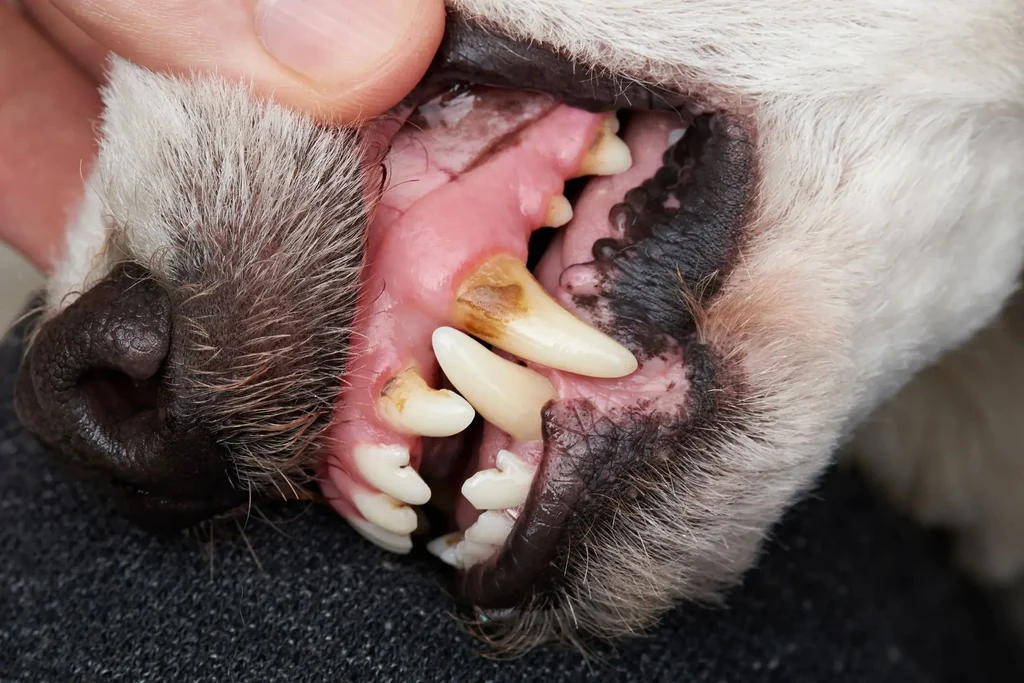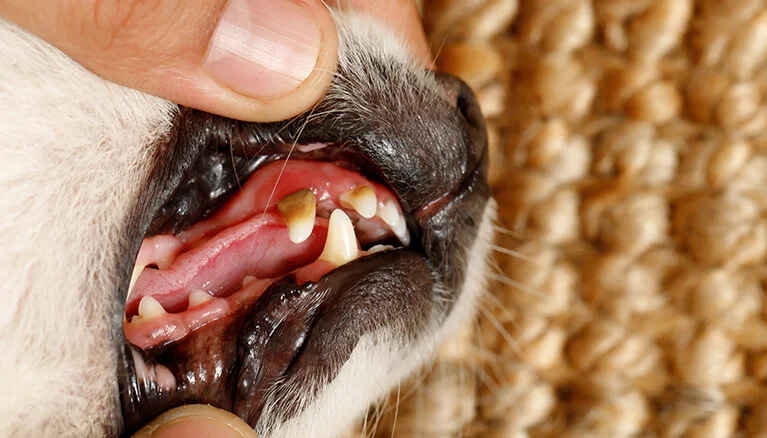The Hidden Dangers of Neglecting Your Pet’s Dental Health
When it comes to our pets, we often focus on keeping them well-fed, exercised, and up-to-date with vaccinations. However, dental care is an aspect of pet health that can easily be overlooked, yet it’s just as crucial for our furry friends as it is for us. Neglecting your pet’s dental care can lead to a host of problems that can affect more than just their mouth. Let’s delve into what can happen if dental care is not a priority for your pet.
1. Plaque and Tartar Build-Up

Just like humans, pets can accumulate plaque and tartar on their teeth. Without regular brushing or cleaning, this build-up can lead to periodontal disease, which is an infection of the tissue surrounding the teeth. This can result in swollen gums, bad breath, and tooth loss.
2. Periodontal Disease
Periodontal disease is the most common dental condition in dogs and cats. By the age of three, most pets have some form of dental disease. This condition can cause severe pain and can lead to more significant health issues. The bacteria from the infection can enter the bloodstream and affect the heart, liver, and kidneys.
3. Tooth Loss

Chronic dental disease can lead to the weakening and eventual loss of teeth. This can significantly impact your pet’s ability to eat and may lead to nutritional deficiencies or the need for a special diet.
4. Pain and Discomfort
Dental problems can cause significant pain for your pets, which they may not show until the issue is advanced. This can affect their behavior and quality of life. Pets with dental pain may be less playful, may not want to eat, and could even become aggressive.
5. Systemic Health Issues
The bacteria from periodontal disease can spread throughout the body and have been linked to systemic health issues in pets. These include heart disease, kidney disease, and metabolic changes that can be life-threatening if left untreated.
6. Expensive Veterinary Bills
Preventative dental care can save you money in the long run. Advanced dental disease can require extensive and costly treatments, including professional cleanings, extractions, and even surgery. These procedures not only hit your wallet but also put your pet through significant stress and recovery time.
7. Malnutrition and Weight Loss
As dental issues progress, pets may find it painful to eat, leading to a decrease in food intake. This can result in weight loss and malnutrition, which can be particularly dangerous for animals with pre-existing health conditions or for older pets whose health may already be compromised.
8. Bad Breath
While not as serious as other health issues, bad breath is one of the first signs of dental disease in pets. It’s not just unpleasant for pet owners; it’s a clear indicator that your pet’s oral health needs attention.
9. Behavioral Changes
Pets in pain may exhibit changes in behavior. Your once sociable and affectionate pet may become withdrawn, irritable, or even aggressive. They may shy away from being touched, especially around the head and mouth, and may drool excessively or paw at their face.
10. Shortened Lifespan
Ultimately, the combination of pain, systemic health issues, and potential secondary infections can lead to a shortened lifespan for your pet. Good dental care is essential for ensuring that your pet lives a long, happy, and healthy life.
Prevention and Care
The good news is that many dental issues in pets are preventable with proper care. Regular brushing, dental treats, and chew toys designed to clean teeth can significantly reduce plaque and tartar build-up. Additionally, routine veterinary check-ups that include dental examinations are crucial. Your vet can spot early signs of dental disease and recommend professional cleanings or treatments before problems become severe.
In conclusion, dental care is a vital part of your pet’s overall health regimen. By taking proactive steps to maintain your pet’s dental hygiene, you can prevent a multitude of health issues and ensure that your pet remains a happy and healthy member of your family for years to come. Don’t wait until it’s too late—contact us to schedule a dental appointment today.

